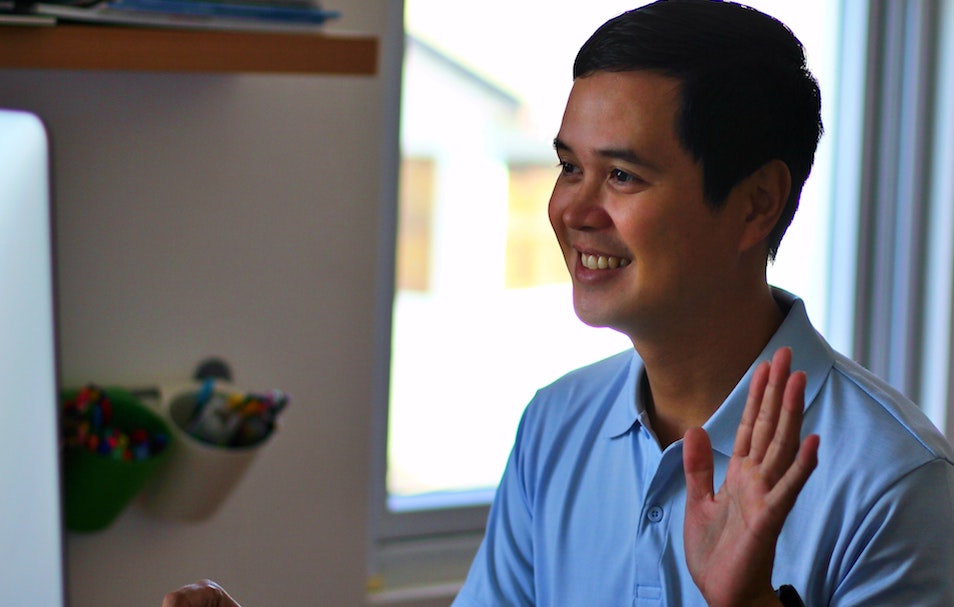DISCLAIMER: For any patients reading, please know that this was written with other therapists as the intended audience. That doesn’t mean it isn’t for you, though! I encourage you to keep reading if you want to and I also encourage you, if you have questions or curiosities for your therapist (whether that’s me or someone else) regarding what you encounter here, to bring it up in your sessions!
Encountering teletherapy concentration fatigue.
Adjusting to practicing entirely virtually has not come without its hitches (and in the case of overloaded platform servers, glitches). After the initial manic scrambling of transitioning wore off, I and many of my colleagues found ourselves in new territories regarding practicing and providing emotional attunement over.
At the Wright Institute Los Angeles (WILA), trainees most often stay for two years for training. As WILA is a psychoanalytic psychotherapy clinic and thus the therapy provided is aimed to last several years, that means that most long-term treatments are in their infancy for those trainees. Specifically in my own training here, I have been working with my patients at WILA for no more than a year. Our familiarity with the nuances of each other are just beginning, and now we have two screens and a satellite between us. You could say that it’s less than ideal.
At first I felt fatigued. Not only from the load of my own adjustment, but also from the process of conducting therapy. The degree of attunement I had with my patients mostly maintained itself, patient-to-patient, but across relationships I felt the requirements for concentration increase. How was I going to perform the essential task of listening to my patients closely and deeply when we weren’t even in real time and space with one another?
Remembering Bion.
Wilfred Bion contributed, among other things, the concept of maternal reverie as essential to the development of the infant and, in turn, the use of states of reverie in the analyst as essential to the process of psychoanalysis. Reverie, to provide a blunt definition, can be understood as a fugue-like state of receptivity that the mother enters in order to receive important communications from the infant. In other words, the mother enters a mental space of no expectations or concrete thoughts or agenda of her own in order to be fully open to whatever her infant needs to tell her. In psychoanalytic and psychodynamic treatment, reverie is used to help the patient think about and understand their experience(s).
Finding and experimenting with reverie.
I didn’t just remember Bion. Rather, I found myself in session entering into a reverie with one of my patients. Unbeknownst to me, I had let myself relax my attempts to concentrate and found myself listening in a deeper way than before. A reverie! That is, I spontaneously allowed myself to just be instead of making concerted efforts to provide something, and it was useful.
Improving concentration and relaxing into reverie.
By no means am I advocating for the abandonment of intentional concentration. In fact, I have found concentration meditation to be helpful in strengthening this muscle. However, I have found that combining improved concentration with the cultivation of reverie has been helpful for me as I continue my process of adjustment to teletherapy.


